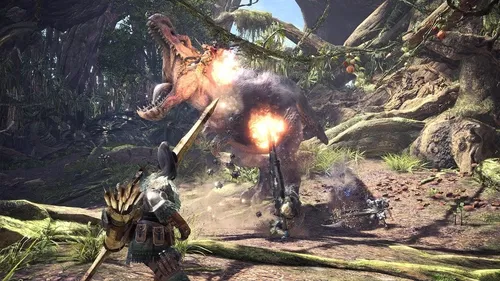Adaptation is a crucial skill in any competitive arena, and this is particularly true in the context of gaming. As players encounter ever-evolving challenges, the ability to shift strategies quickly can be the difference between victory and defeat. Whether in video games, board games, or even sports, the dynamic nature of play requires participants to continuously reassess their methods and adapt to changing circumstances. This process of adaptation not only helps in overcoming immediate hurdles but also enhances a player’s overall competence and understanding of the game’s mechanics. One of the most significant aspects of adaptation is the recognition that no single strategy works indefinitely. In games with multiple variables whether it be player actions, environmental changes, or resource management what may have been effective in one instance could prove disastrous in another. Consider multiplayer online battle arenas MOBAs or strategy games, where players must adjust their tactics based on their opponents’ moves or even the map’s layout.

Failure to recognize when to abandon or modify an approach often results in lost opportunities, and worse, defeat. The best players are those who can assess the situation in real-time, make quick decisions, and implement new strategies without hesitation. Furthermore, adapting strategies involves an element of creativity and foresight. It is not simply about reacting to immediate threats but anticipating potential changes and planning several steps ahead. In games like chess or even fast-paced action games, foresight allows players to not only survive but excel by preemptively countering their opponent’s actions. This often leads to a higher level of play, where adaptation becomes less about quick responses and more about shaping the entire flow of the game in one’s favor. However, adaptation is not always a natural skill and often requires practice and experience. Players must be willing to experiment with different strategies, accept failure, and learn from their mistakes.
In many ways, adaptation is a reflection of a growth mindset. Those who view failure as an opportunity to learn rather than a setback are more likely to evolve their free games online. As they confront new challenges, they gain a better understanding of the game’s intricacies and how different elements interact, eventually developing a more flexible and resilient approach. In conclusion, the importance of adaptation in gaming cannot be overstated. The ability to shift strategies in response to changing conditions is essential for success, not only for winning a single game but also for long-term growth as a player. It allows individuals to stay competitive in increasingly complex environments, fostering a mindset of learning and evolution that can extend beyond the game into real-world problem solving and adaptability.